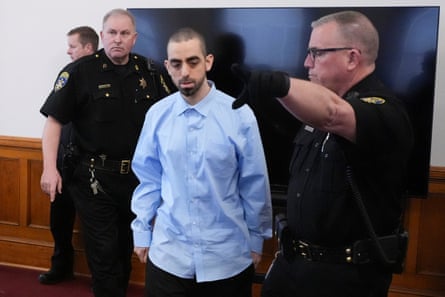Salman Rushdie: Author’s Resilience After Attack and His Enduring Literary Impact

Salman Rushdie, one of the most influential writers of our time, has long inspired readers and stirred debate worldwide. In 2022, tragedy struck when Rushdie was attacked during a literary event in western New York. This shocking incident left him blind in one eye but did not curtail his spirit or creative drive.
The 2022 Attack and Its Aftermath
During an onstage lecture at the Chautauqua Institution, Salman Rushdie was stabbed multiple times by Hadi Matar. The assault resulted in severe injuries—especially to Rushdie's eye, hand, and internal organs. Despite these life-changing wounds, Rushdie survived. As Rushdie later recounted, "I became aware of a great quantity of blood I was lying in...it occurred to me quite clearly I was dying." His remarkable recovery and courage received worldwide support and admiration.
For a thorough account of the attack and subsequent trial, read The Guardian’s report on the sentencing. Hadi Matar, Rushdie’s attacker, received a 25-year prison sentence. The trial revealed that Matar had acted under the influence of a longstanding fatwa issued in response to Rushdie’s novel, The Satanic Verses.
Sentencing and Continuing Legal Developments
In February 2025, a New York court convicted Matar of second-degree attempted murder and assault. The maximum sentence reflects the severity of the attack and the global reaction to threats against free expression. For additional context on the sentencing and ongoing proceedings, see NPR’s in-depth coverage. Notably, Matar may also face federal terrorism charges, raising important legal and ethical questions.
Salman Rushdie’s Literary Legacy
Salman Rushdie’s career extends far beyond the headlines. His works, including Midnight’s Children and the controversial The Satanic Verses, have shaped postcolonial literature and ignited rich debates about art and faith. Despite the attack, Rushdie found the resilience to pen a memoir, Knife: Meditations After an Attempted Murder, chronicling both his survival and ongoing reflections. This memoir stands as a testament to his indomitable spirit.
The Importance of Free Expression
Rushdie’s story highlights ongoing challenges faced by authors who test boundaries. His ordeal has reignited vital discussions around free speech and the protection of writers. As society confronts new threats to freedom of expression, Rushdie serves as both a symbol of endurance and a voice for creative liberty.
Conclusion
Salman Rushdie’s life and work exemplify resilience, courage, and the enduring power of literature. The recent verdict marks a significant milestone in his journey toward justice. As readers and global citizens, we are reminded of the importance of defending the freedom to write—and to read—without fear.